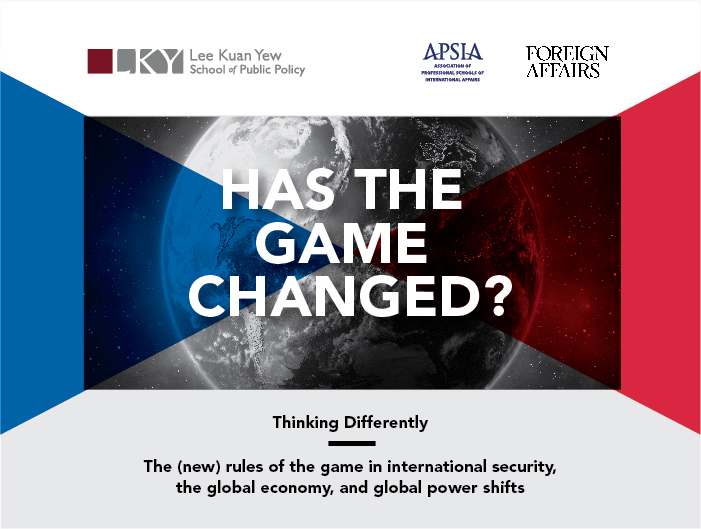
The rise of China, and Asia in general, has been well documented. Although global influence should include several parameters, it is mostly measured by economic and military power.
According to the International Monetary Fund, China alone accounts for 15 per cent of the global GDP in 2016, while Asia's collective GDP (excluding Australia and New Zealand) makes up more than one third of the world's GDP.
As for military might, China, Japan and India rank third, fourth, and fifth respectively in the world, according to a 2015 report from Credit Suisse.
Although the U.S. military could still hold the number one spot for some time to come, the shift in economic and military power has already persuaded some politicians, like the newly elected Philippine President Rodrigo Duterte, to publicly lean towards China, rather than its traditional ally, the U.S.
Recognition of a new reality: Asia's global influence
Professor Merit E. Janow, Dean of Columbia University's School of International and Public Affairs, pointed out that the rise of Asia implies that the world has become increasingly multipolar and less dominated by the U.S., making it more complex to reach decisions at the global level.
She explained that while a number of countries in Asia, especially China, are seeking greater influence over global affairs within international bodies, Asian countries are also creating their own regional institutions to have the degree of voice and influence that they feel they are unable to gain in the global established bodies.
International organisations and bodies need to adjust to this new reality and ensure that important developing nations have more voice and vote, she said.
Managing U.S.-China relations amidst challenges is key
With U.S. president-elect Trump taking the Oath of Office in January, the focus will continue to be on his foreign policies, especially on trade and China relations.
Kishore Mahbubani, Dean of the Lee Kuan Yew School of Public Policy in Singapore and former President of the United Nations Security Council, cautioned that The rivalry between the U.S. and China is potentially the most important geopolitical issue facing American policymakers today. Currently there's a very high degree of wariness on both sides.
Calling the current U.S.-China relation an abnormal one, Dean Mahbubani conceded that While they're obviously wary of one another, there's no effort by the U.S. to contain China, and they are still cooperating a great deal in many areas.
Dean Janow stressed that the greatest challenge lies not in the existence of such tensions but how they are managed. It will be important to see if each side perceives the relationship as fundamentally getting deeper, and on a positive trajectory or not, she said.
The opportunities in U.S.-China relations
Instead of focusing on the potential conflicts, Dean Janow suggested that leaders from both sides should be positive and relook at the following opportunities for improving relations and creating mutually beneficial pacts:
- Increasing Chinese investments in the U.S. that will contribute further to the U.S. economy, serve as a stepping stone to deeper investment integration, and deepen the U.S.-China relationship
- Bilateral cooperation on energy, climate and environmental issues, similar to the cooperation that was instrumental in concluding the Paris Accord
- Further collaborations in U.S. and Chinese private sectors under China's One Belt, One Road initiative
- Working together on development initiatives in Africa and managing global security challenges such as those posed by North Korea
- The U.S.-China cybersecurity agreement that will go a long way in forging common understanding and norms on cybersecurity
- Encouraging further educational exchanges and initiatives to build understanding and goodwill between the two countries
There is no doubt that tension between the U.S. and China will increase in the short term, but as Dean Janow highlighted, the scope for collaboration between the two countries is vast, and sources of tension can and should be managed with leadership, diplomacy and goodwill.
Dean Merit E. Janow of Columbia University will join Dean Kishore Mahbubani of the Lee Kuan Yew School of Public Policy (LKY School) in Singapore as one of the participants on a panel to discuss global power dynamics. The panel will be part of a three-day conference attended by educators from leading universities worldwide that make up the Association of Professional Schools of International Affairs (APSIA).
The panellists will discuss what the election of President Trump means for pressing foreign policy challenges, such as geopolitical tensions arising from the Islamic State, North Korea missile launches, the development of free trade agreements in the wake of Brexit, and managing the rise of Asia.